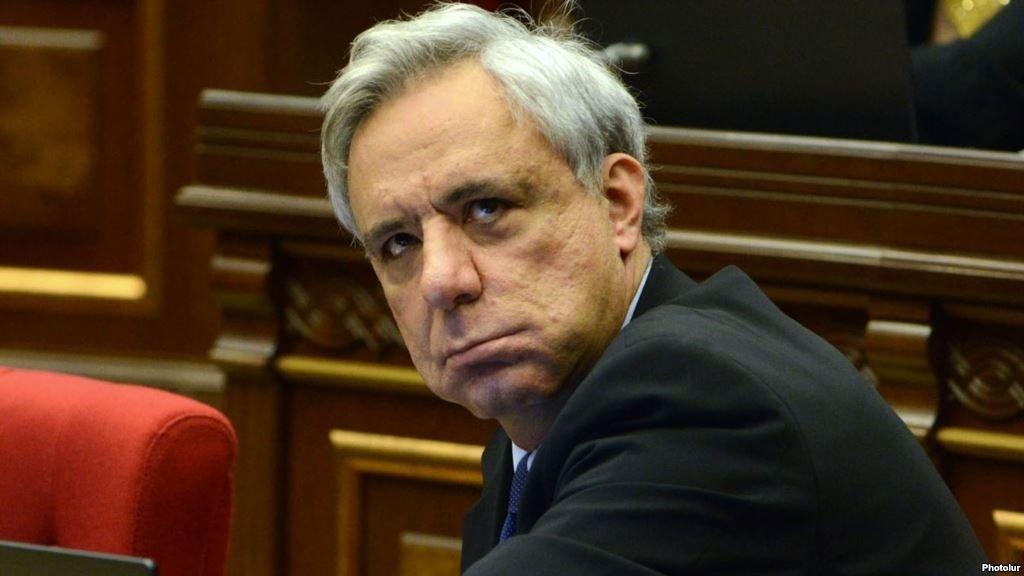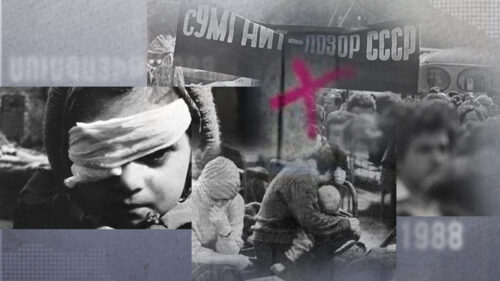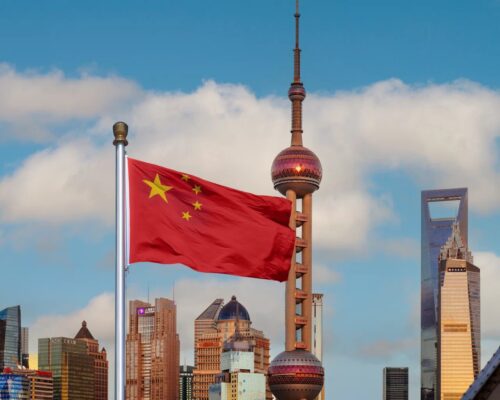
Vartan Oskanian: Pashinyan’s tenure has been marked by national catastrophe: the loss of Nagorno-Karabakh, the displacement of 120,000 Armenians, the deaths of thousands of young soldiers, and the humiliation of defeat
This April 24 marks the 110th anniversary of the Armenian Genocide—a moment of solemn remembrance for Armenians around the world. For generations, we have honored the 1.5 million lives lost to a deliberate, state-orchestrated campaign of extermination. But this year, a cloud hangs over our collective mourning—not from outside forces, but from within. The clarity that has long defined our commemoration is now threatened by a profound and disorienting moral collapse in Armenian leadership, Vartan Oskanian, Former Foreign Minister of Armenia, writes.
“Nikol Pashinyan stands accused of something previously unimaginable: publicly casting doubt on the veracity and scale of the Armenian Genocide. His recent remarks—couched in evasive, ambiguous language—stop short of outright denial, yet dangerously echo the revisionist rhetoric long propagated by Ankara. By suggesting Armenians must ask “why” the genocide happened, as if the victims bore responsibility, Pashinyan has adopted one of the most insidious tools of historical distortion.
Genocide denial is not a matter of intellectual curiosity or diplomatic finesse—it is an act of violence. As Elie Wiesel once said, “the denial of genocide is the final stage of genocide.” It aims to erase not only lives, but memory, identity, and truth. This is why our commemoration matters more than ever. We now face a dual threat: denial from without, and dilution from within.
The Armenian Genocide is among the most thoroughly documented atrocities of the 20th century. Survivor testimonies, Ottoman government orders, missionary records, foreign diplomatic cables, and irrefutable demographic data all bear witness to a systematic campaign to annihilate a people. It was not wartime chaos—it was cold, calculated policy. To question this is not bold or nuanced. It is a moral failure.
And Pashinyan’s failures are not limited to memory. His tenure has been marked by national catastrophe: the loss of Nagorno-Karabakh, the displacement of 120,000 Armenians, the deaths of thousands of young soldiers, and the humiliation of defeat. Armenia’s territorial integrity has been shattered under his leadership, while prisoners remain in Azerbaijani captivity and new concessions loom. Pashinyan has also stands as the primary obstacle to the right of return for the Armenians of Nagorno-Karabakh—despite clear signals of willingness from the global community to address this fundamental issue.
Pashinyan’s recent comments on the Genocide are, at a minimum, condemnable and unacceptable. For an Armenian leader to distort or downplay the greatest tragedy in our history is a betrayal of the highest order. It should send a chill through every Armenian who has carried the weight of memory for generations.
Turkey has spent decades denying the Genocide—recasting it as mutual wartime suffering, dismissing documentation as propaganda, and lobbying the world to forget. Now, that rhetoric has found unsettling resonance in Yerevan. Pashinyan’s words don’t just undermine Armenia’s moral standing abroad—they threaten to fracture the collective memory that has held our people together through exile, injustice, and survival.
This betrayal is not a lapse in judgment—it is a rupture. A leader entrusted with defending Armenian sovereignty cannot simultaneously undermine the foundation of our moral and historical identity. Pashinyan’s rhetoric emboldens denialists and corrodes the very fabric of national unity.
On April 24, as Armenians gather to remember, mourn, and honor, we must also resolve to restore dignity and national leadership to Armenia. Pashinyan has lost all authority—moral, political, and legal—to govern. The path to justice and revival begins with his departure,” Oskanian writes.



